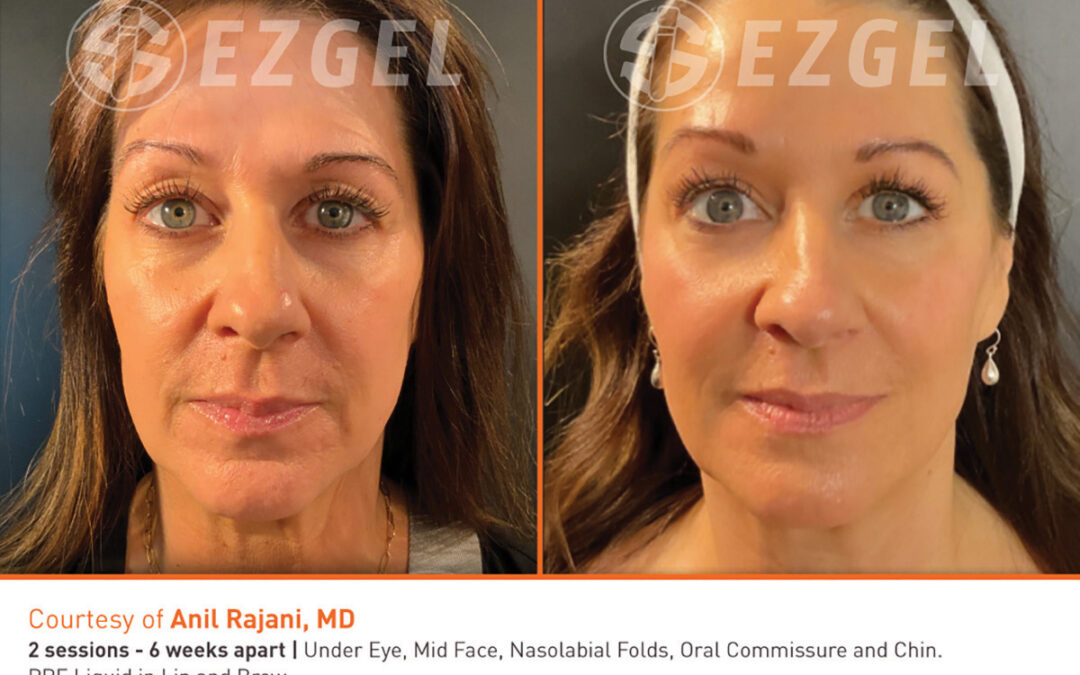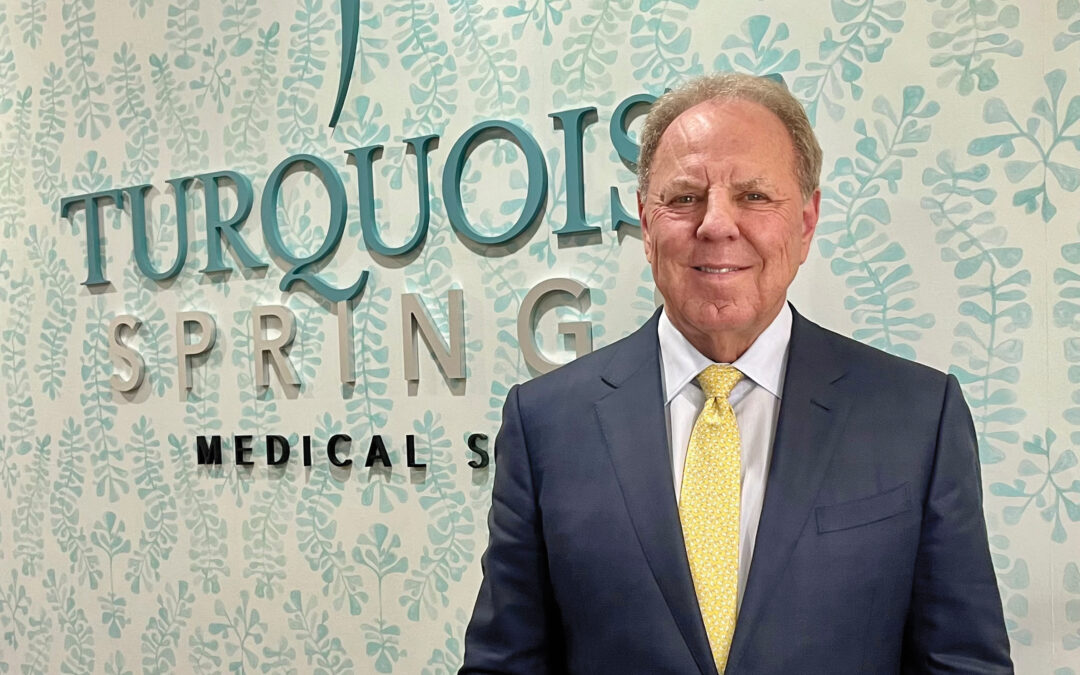It just isn’t fair!” says Linda, an attractive professional woman in her mid-40s.”Look, I can accept the wrinkles or the acne, but not both!” Sound familiar? You’re not alone.
Acne is the most common skin disease in this country. According to the National Institute of Health, nearly 17 million people in the United States have acne of some form. And while adult acne is common, it is not a topic that adults want to discuss openly.
“Being 40 and having acne just seems absurd — and it’s embarrassing!” Linda says.”;And the acne scars seem to combine with the wrinkles to make even deeper creases and lines.”
Karen, another acne sufferer, concurs.”;I am normally a confident person. I am a successful professional and an active mother with three great kids. I am usually outgoing and love to be around people. But when I have an outbreak of cystic acne, I just want to hide. I don’t want to be seen by anyone. It affects my posture, my mannerisms and my behavior. I tend to keep my face lowered so that my hair falls down to cover it. I am less animated and much more reserved in an attempt NOT to draw attention to myself. I hate it.”
The psychological effects of acne are, by far, the more damaging since acne generally poses no serious overall health effects. But in a society where appearance is incredibly important, socially and professionally, acne can wreak havoc on people’s lives.
Some people can control their acne with over-the-counter skin care products available at retail or specialty stores or cosmetic counters. Many others are not so lucky. But today there are a number of treatments and prescription medications that can help.
Acne control really starts with preventing or eliminating those things that can aggravate it. But first, it helps to understand what causes acne.
Just below the surface of the skin, sebaceous glands produce sebum, the skin’s natural moisturizer, which gets to the surface of the skin through the follicles. Acne begins when follicles become clogged. A blackhead forms when skin cells inside the follicle stick to the sebum, causing a plug. If the damaged follicle weakens and ruptures, sebum, bacteria, and skin and white blood cells are released into the surrounding tissues. A pimple forms, causing redness or swelling at the surface. The most severe type of acne consists of cysts (closed sacs) and nodules (hard swellings).
The clinical name for acne is acne vulgaris. Lovely, isn’t it? Yes, the name is as ugly as what it describes.
While the exact cause of acne is not known, there are certain risk factors associated with it:
Heredity is a major factor. Individuals with a family history of acne have a greater likelihood of having it.
Hormonal changes explain why most adults with acne are women. Acne can flare up prior to a woman’s monthly cycle, during pregnancy and during menopause.
Diet does not cause acne, but some foods can cause flare-ups.
Cosmetics that are oil-based can aggravate acne. Hair sprays also contribute.
Environmental factors such as sweating in hot weather, exposure to greases and oils in the air and air pollution can worsen acne.
Personal hygiene, or how you care for your skin, is important. Abrasive soaps or hard scrubbing irritates the skin and aggravates acne. Picking or squeezing pimples will make them worse and can cause infection.
Stress may contribute to acne outbreaks.Medications you take for other reasons, such as oral contraceptives, antibiotics, antidepressants and tranquilizers, can cause acne as a side effect.
The standard treatment for acne involves reducing sebum or oil production, removing dead skin cells and killing bacteria. Treatment may include topical or oral medications, or a combination, and is determined by the severity of the acne. According to the American Academy of Dermatologists,”;the goal of acne therapy is to get rid of existing lesions and prevent the formation of new ones.”
Topical medications are designed to prevent or reduce new comedones, or clogged pores, from forming. Topicals include tretinoin, benzoyl peroxide, salicylic acid or adapelene (Differin). Tretinoin ( Retin-A) increases cell turnover, or death and replacement. It is especially effective and has the added benefit of reducing the appearance of lines in the face. Unfortunately, because health care companies are looking to cut costs, they generally assume that anyone over 25 is using it for cosmetic purposes to minimize wrinkles and therefore will not cover it. So if you have adult acne, be prepared to pay the full cost of tretinoin or ask your doctor for an alternative.
Other topicals include antibiotics to kill bacteria. Some of the most commonly prescribed antibiotics include erythromycin, clindamycin (Cleocin-T) and meclocycline (Meclan). Antibiotics may be used along with other topical medications.
Oral antibiotics may also be prescribed. These include tetracycline, erythromycin, minocycline, clindamycin, doxycycline or (take a deep breath) trimethoprim-sulfamethoxazole (Bactrim or Septra) – aren’t you glad the brand names are short?Oral isotretinoin or Accutane is an oral medication reserved for the most stubborn or severe acne. It actually reduces sebum production and cell stickiness. This drug shows amazing results after four to six months. It provides long-term control for up to 60 percent of patients. BUT the potential side effects of this medication are serious. The warnings in the brochure will scare off just about anyone who is not desperate.
“My doctor offered me Accutane when I was 30. But the side effects listed in the brochure were just too scary,” says another woman. ”As it turned out, I was desperate by the time I hit 37. I went on Accutane for six months and was kicking myself afterward. It worked so well; my skin was just about flawless (minus the scars). I just wish I had taken it sooner.”
So, let’s say you and your dermatologist get the problem under control. Now what about the scarring? If you’re not concerned, you’re either above the vanity aspect or you’re lucky. For the rest of us, there’s help.
Collagen injections can minimize scars by replenishing the skin’s natural collagen. The collagen is injected just below the scar to plump up the tissue. It improves the texture of the skin, resulting in a softer and more even tone.
Chemical peels use glycolic acid to peel off the top layer of skin. It’s an all-over treatment that helps to smooth out the appearance of skin.Dermabrasion freezes the skin with a chemical spray. The top layer is removed by brushing or planing.
Laser treatment is a very controlled burning procedure. The laser vaporizes superficial layers of facial skin. It removes or reduces acne scars by leaving a fresh surface that will be replaced by new skin cells.
Liz, a photographer, has seen the results. She photographed patients of Dr. Steven Davis before and after the laser procedure.”;The results were remarkable,” she says.”;I was amazed. I used the same lighting, same lens, and everything so I knew that the photos weren’t retouched. And the difference was clearly visible.” Liz was so impressed that she had the procedure done.
Now, the bad news: Insurance will not cover any of these procedures. They are all considered purely cosmetic. But the impact they could have on your confidence and self-esteem may well be worth every penny out of your pocket.
Author: Julia Jones









0 Comments